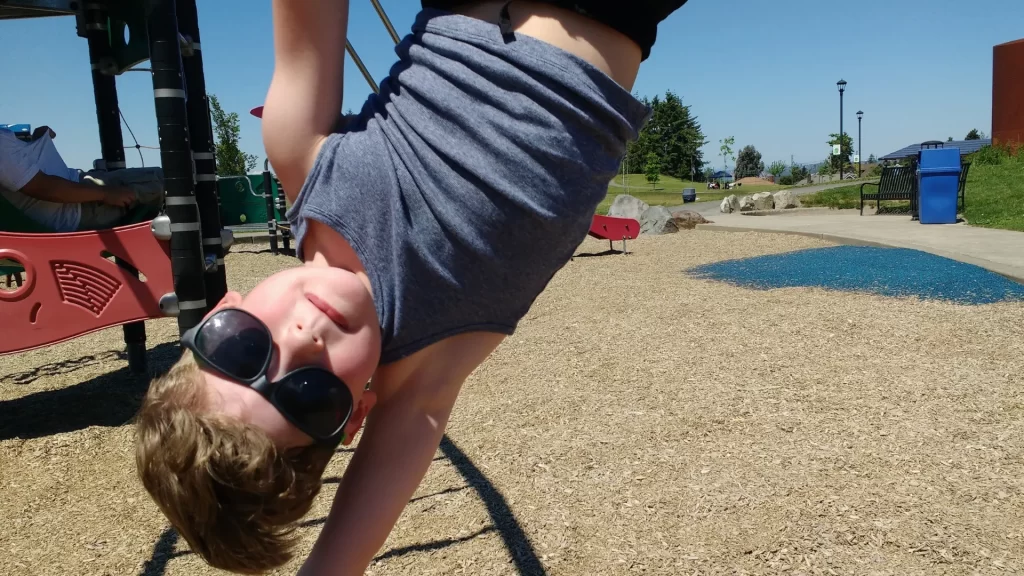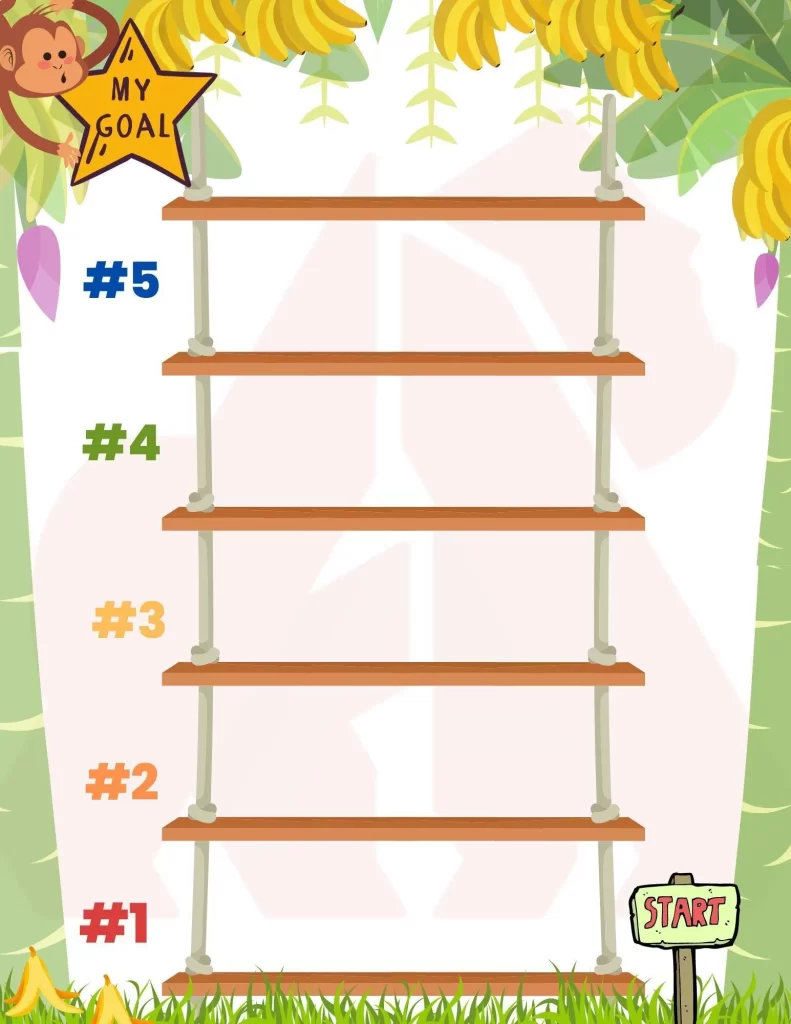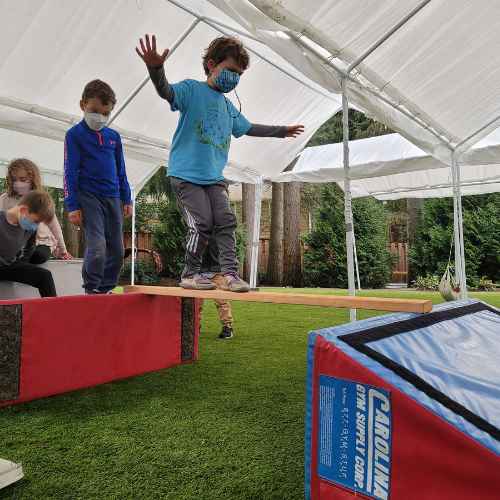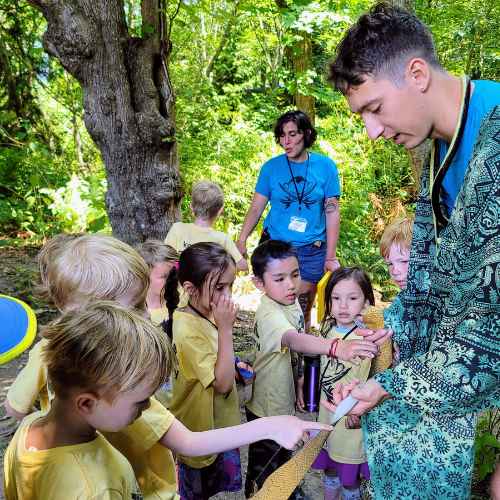
Building Resilience in kids is essential for them to grow up to be happy and fulfilled. The world is full of uncertainties and challenges. The truth is that life is not fair. Resilience, the ability to bounce back from adversity, is our defense and comfort in a sometimes harsh world. Resilience is not something everyone is born with, but a skill that can be nurtured and strengthened. In this article, we will delve into the essence of Resilience in children: what it is, why it’s important, and how you can help your child build this vital quality for their successful futures.
Resilience Building in Kids: Laying the Foundation
Resilience is often unpracticed in today’s culture and replaced with protecting children from appropriate levels of hardship, denying them their ability to grow. Resilience is not about shielding children from difficulties, but equipping them with the tools to face and overcome their challenges. Here’s how you can help the children you love.
How to Explain Resilience to a Child
Explaining and translating resilience, or any big concept of layered emotion and thought to a child can be confusing. Here is a kid-friendly definition of Resilience: “Bouncing back after something difficult.” This can mean a variety of things, such as:
- Getting back up after you fall down.
- Learning from mistakes instead of quitting because of upset feelings.
- Adapting to change, like moving into a new grade at school.
Is Resilience Innate or Learned?
Resilience is a mix of natural character and learned behavior. This section will explore the dynamic nature of resilience.
Is Everyone Born with Resilience?
Yes, to some degree. Just like every trait in existence, we share some levels of resilience, compassion, humor, and all other traits. It is that some have more than others in different characteristics, which gives us the diverse world we live in. How wonderful!
The Role of Environment and Experience in Building Resilience
But just because you are born a certain way or not doesn’t mean that we cannot grow the areas of our life we need to so we become successful, fulfilled, and independent. Our experiences change us, and as caregivers, we can provide our children with the opportunity to practice resilience. Here is how: Do not do more for them than they can do for themselves. This gives them the opportunity to practice and grow their emotional skills, like resilience, while they are still under the care and protection of your guidance.
For Example:
- If they have a problem with their homework, have them think about it and work on it a bit longer on their own.
- If they can pack their own school lunch, let them.
- If they have an argument with their sibling, give them time and space to figure it out themselves.
When we consistently step in to solve their problems, we rob them of the opportunity to grow. Be there to help and guide, not to consistently do it for them out of your wanting to show love.
Practical Resilience-Building Activities for Kids
Encourage Problem-Solving Skills
The best way to help kids practice being resilient is to ask them, “What did you choose to do about it?” This question is gold because it poses a self-reflection opportunity and a moment to understand that they have a choice in how they would like to respond. This is a question I often use to help kids when they are having a conflict with one another.
Example:
A child will come up to me and say something like, “He did this thing I don’t like,” and I will ask, “What did you choose to do about it?” Often the kid looks at me confused and then says something like, “I came to tell you.” Then I encourage them to go back and solve the problem between the two of them because then they build the skill of handling conflicts and problems, empowering themselves.
Promote Positive Social Interactions
Let kids play what and how they want to play. When kids get this opportunity, they want to keep it going for as long as they can and it will inevitably lead to conflict. This becomes a self-motivating process of needing to practice conflict-resolution, resilience, and patience, and so many more emotional skills kids need.
Example:
If two girls are playing dress-up and they both want the same dress, they need to solve the problem in order to continue the game. Since they chose the game, they are motivated to keep it going and to solve their challenge. Again, that’s why it’s so important not to step in unless asked and to not solve the problem for them but to help guide them if they need it.
Summary
In this article, we’ve explored the crucial role of resilience in a child’s development. Resilience, the ability to recover from difficulties and adapt to change, is not just an inherent trait but one that can be nurtured and developed. We’ve discussed how resilience can be explained to children in simple terms, and the importance of environment and experiences in building this skill set. Key strategies like encouraging problem-solving skills and promoting positive social interactions can greatly aid in fostering resilience. By allowing children to face challenges and resolve conflicts independently, under the guidance and support of caregivers, we equip them with the resilience needed for a fulfilling and successful life.
Are you looking to support your child in developing resilience? Discover our after-school programs at Kong Academy, where we focus on nurturing strength, adaptability, and resilience in a supportive environment. Join us in empowering the next generation!

- Let Them Make Decisions
Next, it is essential to give your child the opportunity to develop their skills independently. This means giving them the freedom to make choices, to make mistakes, and to take chances. Kids need that freedom to make decisions. Without the freedom to fall they don’t have the freedom to fly! This is a crucial step because often as parents we want to step in and shield them from experiencing any hardships, even minor ones. But these experiences are exactly what helps them grow. To strive, come up short, pick ourselves up, and try again. Too often when WE feel uncomfortable we try and stop their experience and as a result stop their learning. Instead teach them how to overcome hardship. - Teach Them About Failure & How To Overcome It
Even when we’ve done everything to set ourselves up for success, we can still flop right onto our faces. You know this because, by now, you’ve probably experienced it yourself. But your kids may not. Teach them that falling down is not failing, that having a bad day is not failing, and that making mistakes is not failing, as long as they learn from their mistakes and remain persistent. ‘Failure is not the opposite of success; it is part of success’.
Source: https://biglifejournal.com/blogs/blog/child-confidence
Source: https://www.momjunction.com/articles/how-to-build-confidence-in-kids-activities_00813958/
Summary
- Kids can develop confidence, and it’s simple. However, ‘simple’ does not mean ‘easy,’ and the rewards get compounded over the rest of their lives. If you want to grow your child’s confidence in a structured way, then Kong Academy’s after-school classes are a great place to start! ‘Register for an After School Program Today!’ Click here.
Confidence Building Exercises : Frequently Asked Questions (FAQs)
- The best exercise for building confidence is giving them time and space to socialize in an active and child-led way. This approach is effective because it allows them to test and grow together. They discover what they are capable of, how they react to different situations, and learn tools to help themselves improve in the future. Just make sure to engage with them about their experiences to help guide their thoughts towards positive growth.
- The lack of confidence in kids can be attributed to inexperience and a negative or fixed mindset. If you speak from a fixed mindset (nothing will ever change, I just cant’ do this, etc.), your child will likely do the same. If you believe that the world is doom and gloom, then you shape your kids with those beliefs. Practicing positive or growth mindset can shift everyone’s potential. By doing so, you influence your kids to have strong beliefs in themselves, and that’s a win in parenting!
GET Access to the ULTIMATE PLAY DATE PACKAGE (Value: $49) for FREE!


7-Day Crystal Shard Adventure
Unleash your child’s potential with our 7-day crystal shard movement adventure!




